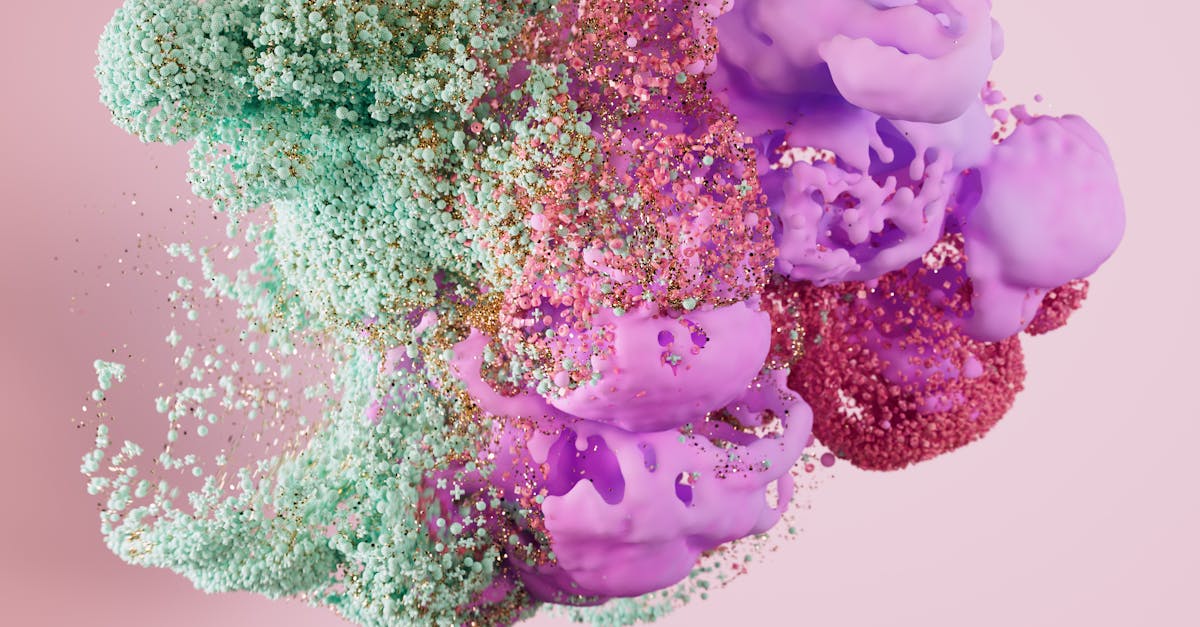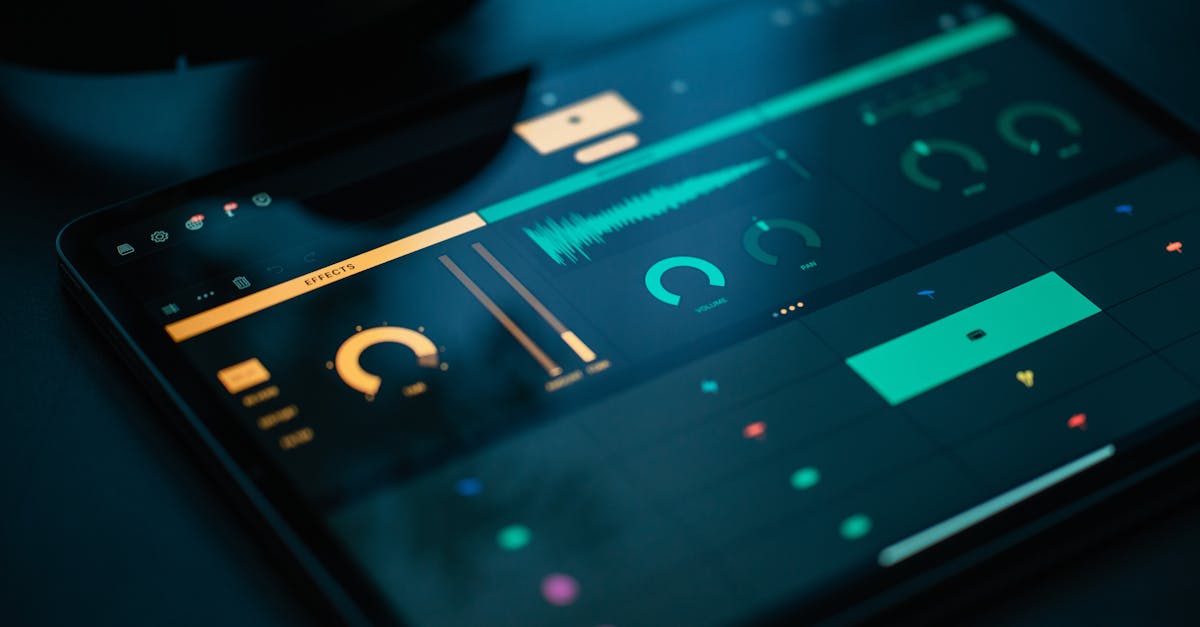The Rise Of Ai In Music How Technology Is Changing The Industry
Introduction
Artificial intelligence (AI) is making waves in the music industry, transforming how music is created, produced, and experienced. From composing tunes to analyzing listener preferences, AI is reshaping the landscape in unprecedented ways. As we delve into the rise of AI in music, we'll uncover its potential, advantages, and implications.
Advertisement
AI-Driven Composition
AI algorithms can now compose music, emulating styles from classical to modern genres. These systems analyze vast data sets of existing music, learning patterns, harmonies, and rhythms. The result? Original compositions that, while machine-made, often resonate with human emotion and creativity, pushing the boundaries of what we consider music.
Advertisement
Personalized Listening Experiences
One remarkable application of AI in music is personalized playlists on streaming platforms. By studying user behavior, machine learning algorithms can predict and deliver tracks tailored to individual tastes. This not only enhances user satisfaction but also introduces listeners to a diverse range of artists they might never have discovered otherwise.
Advertisement
AI in Music Production
AI tools are revolutionizing music production by automating complex tasks. From mastering tracks to enhancing vocal performances, AI-assisted software provides producers with powerful tools. This democratizes music creation, enabling even novice producers to create professional-sounding music without the need for expensive hardware or extensive training.
Advertisement
Revamping Music Discovery
AI is reshaping how new music is discovered. Intelligent algorithms analyze trends and listener feedback, curating playlists that spotlight emerging talents. This levels the playing field, granting new artists more visibility and challenging the traditional gatekeeping roles held by labels and radio stations.
Advertisement
Ethical and Creative Concerns
Despite its merits, the integration of AI in music raises ethical questions. As machines increasingly create and enhance music, debates around authenticity, creativity, and ownership emerge. Artists and stakeholders must navigate these concerns, ensuring that technology complements, rather than overshadows, human creativity.
Advertisement
Impact on Live Performances
AI is slowly entering the realm of live performances. From virtual concerts powered by AI-generated avatars to real-time music improvisations, technology is enhancing live music experiences. Audiences now have the chance to engage with music in interactive ways, blending the physical and digital realms.
Advertisement
AI and the Future of Music Education
As AI technology matures, it also influences music education. AI-based platforms offer personalized lessons, assess student performance, and provide valuable feedback. This ensures a tailored learning experience, making music education more accessible to diverse learners worldwide.
Advertisement
Industry Implications
The music industry is adapting to AI's rapid advancements. Businesses are exploring new revenue streams, while incorporating AI to optimize operations and marketing strategies. As technology evolves, labels and artists must remain agile, embracing innovation while preserving the essence of musical artistry.
Advertisement
Conclusion
AI's rise in music is a double-edged sword—offering immense potential alongside pressing challenges. As AI tools continue to evolve, they present opportunities for creativity, innovation, and growth within the industry. However, the balance between human and machine-driven music creation remains a fundamental concern for the future.
Advertisement


